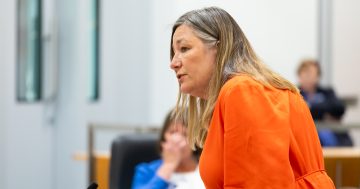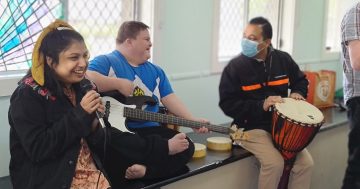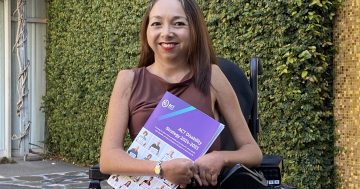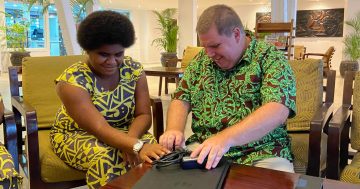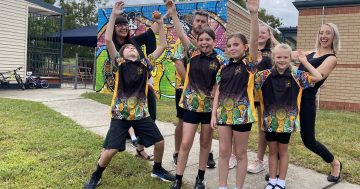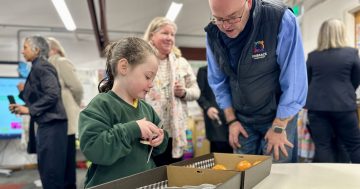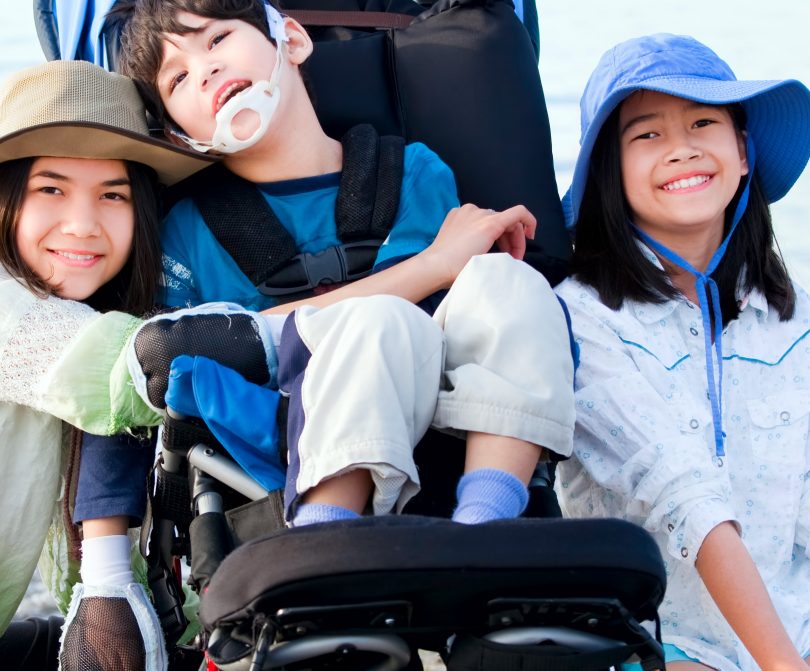
Towards a more inclusive school system in Canberra.
In the movie Finding Nemo, Mr Ray – the school teacher manta ray – would sing his happy song as all of the fish children schooled together under his big fins.
Nemo the little clownfish actually had a disability; one small fin, but was determined to be part of the ‘mainstream’ class, despite his father’s fear he would not cope.
For those of you who saw this epic movie, Nemo eventually followed an adventure that had little to do with his disability.
Like fish on a coral reef, children and school systems are diverse, full of interesting, different, and beautiful life. All kids are born with unique skills, talents, looks, strengths, difficulties, issues, personalities, and many with disabilities.
But when I asked the views of teens in my circle (attending different primary and high schools in Canberra) about having classmates who have a disability, their answers deeply concerned me.
Firstly, they said there were no severely disabled kids in their classes at their schools. Some said they had autism and learning support units, but those were separate.
Then I was given a completely unexpected response:
“Kids with disabilities shouldn’t be at mainstream schools,” they said.
I was flabbergasted.
“Why?” I asked.
In a nutshell, it came down to one simple fact: “Because they’d get bullied.”
These answers astounded me, but they were delivered truthfully and out of compassion. Most kids genuinely don’t want to see bullying. Yet they are denied the opportunity to be educated alongside kids with disabilities, and to learn about real inclusion in society from a young age.
What this tells me is that more can be done around inclusion in schools. Despite all the coaching around inclusion, tolerance and anti-bullying, some children still cannot conceive a truly inclusive classroom as natural. It might not be representative of all kids’ views in Canberra – but I think it’s a fair litmus test.
Feedback I’ve received from Canberra parents has been mixed. Put simply, parents of kids with disabilities often struggle to get the support they need for their child in a ‘mainstream’ school.
Some schools are better than others. Monash Primary has received some excellent feedback around its inclusion program, including work with Basketball ACT.
I have been assured by the Education Directorate that the ACT Government wants to know where they can improve. They are actively seeking feedback from parents. With this in mind, I’m hopeful the Education Directorate is moving in the right direction.
Perhaps a child has cognitive or learning disabilities. Perhaps a child cannot walk, talk, move, see, or hear. While Canberra has several dedicated disabled schools no doubt delivering positive experiences, we want to know that any and all children can attend any Canberra school.
The position of People with Disabilities ACT (PWDACT) on education, recently published on our website, is that all children have a right to be educated alongside their siblings and peers. In line with the UN convention on the rights of people with disabilities – we advocate for full inclusion. In essence, the words ‘special’ and ‘mainstream’ schools be done away with.
This may be aspirational, but how can we move towards Canberra being a more inclusive society, importantly for our future generations? I will be following this topic and writing more features on specific schools in Canberra in order to facilitate a more robust conversation.
If you have feedback or a story to share, please send an email to admin@pwdact.org.au with ‘Schools’ in the subject line.
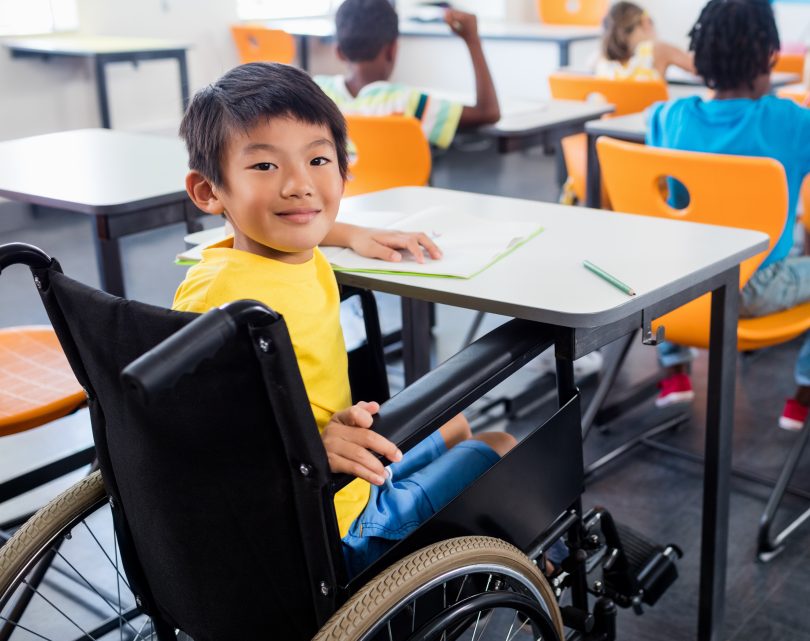
Every child deserves to have a good school experience.
Do you or someone you know have a disability? Why not join People with Disabilities ACT today – membership is free for individuals with a disability. Help build a stronger collective voice for people with disabilities in Canberra.













